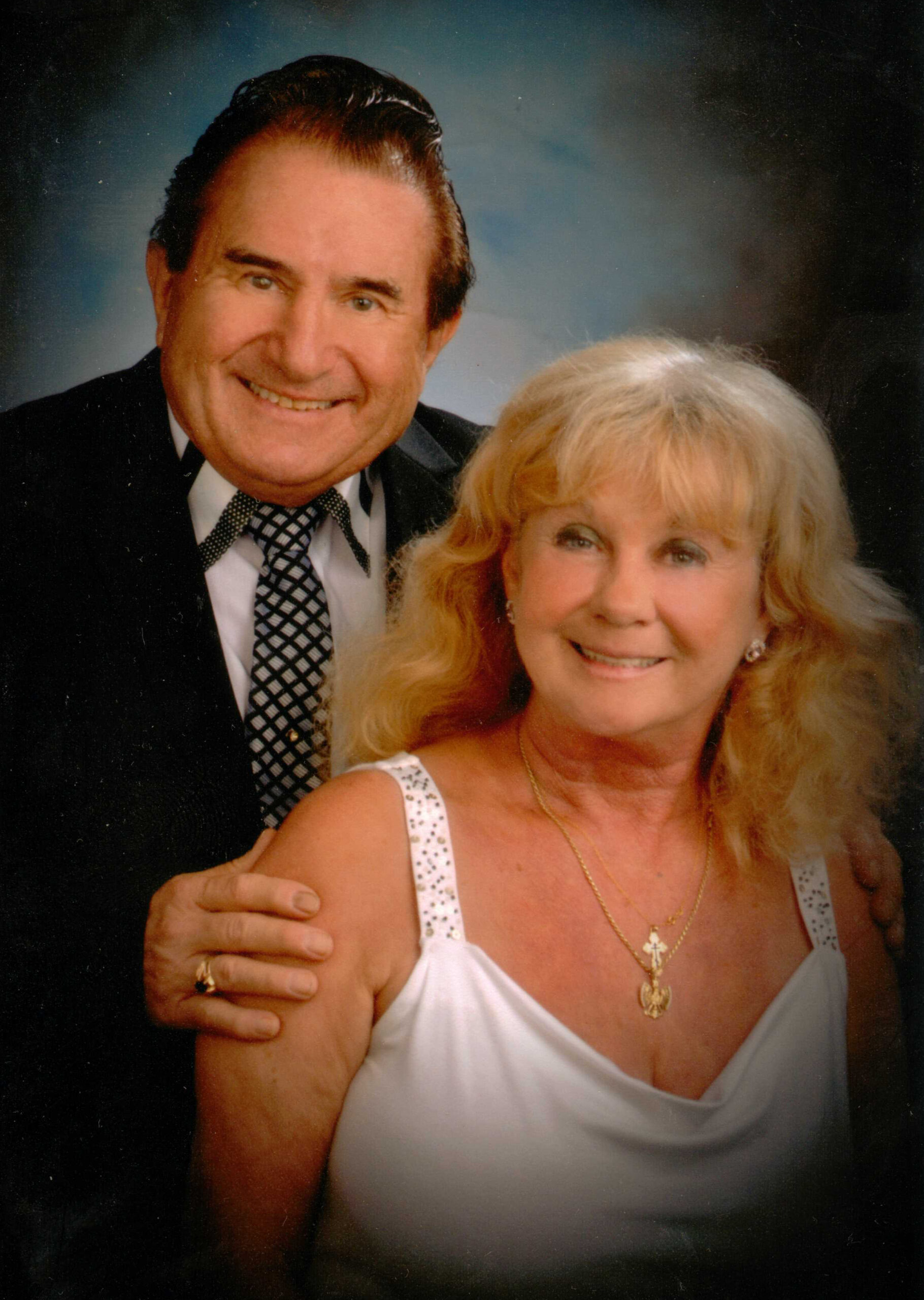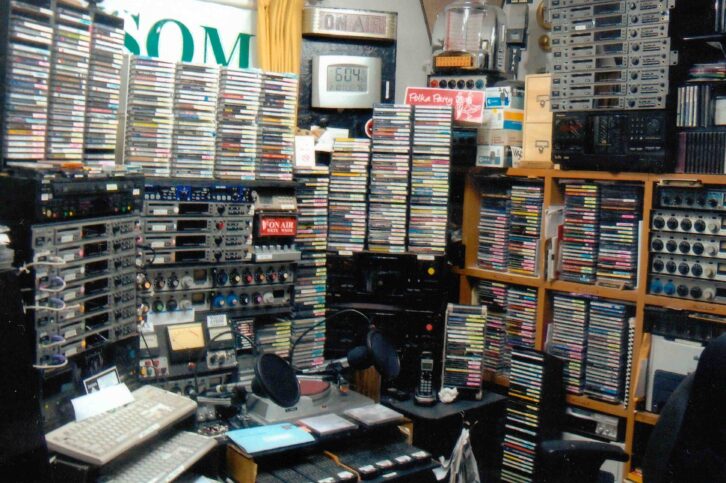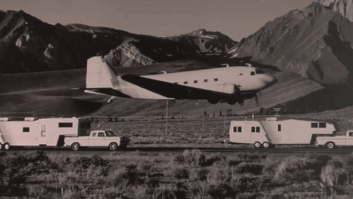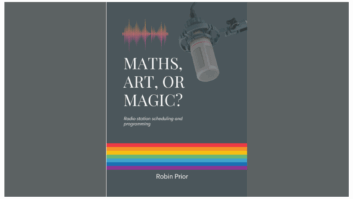Recording artists Jimmy Sturr & His Orchestra, Brave Combo and Walter Ostanek will probably never come anywhere near the Billboard Hot 100, but collectively they have sold millions of records and won dozens of Grammys.
However, because these stars are all in the polka category, you will hear them weekly on WPIC(AM) in Sharon, Pa., and WRQX(AM), Salem, Ohio. 
Both are Cumulus stations, and both carry shows hosted by Larry Walk, who has been playing exclusively polka music for 60 years.
“I grew up in Youngstown, Ohio,” said Walk, who was born George P. Lesnansky. “My first exposure to polkas was hearing local bands playing at church picnics. I’m not musically inclined myself, but I always enjoyed that type of music because it was so happy.”
As a young man, Walk felt there should be more polkas on the air, so in 1964 he went to WNIO(AM) in Niles, Ohio, and applied for a job. The manager at the time, Al DiGellio, told him that if he could sell his own ads for a polka show he could have the air time.
“I went out that afternoon and by the time I got back to the station I had four advertisers for the show,” said Walk. “I started out with a half-hour polka show, but within the first month I had so many advertisers that I was upped to an hour a week, and eventually three hours.”
The shows that are heard on an Ohio station every Saturday and a Pennsylvania station every Sunday are not the same.
“I built my own studio called Polkaland in my home and I produce both shows from there,” said Walk. “There’s almost no duplication of music as the shows are separate. It’s three hours weekly on WPIC and three hours on WRQX.”
Now 81, Larry Walk long ago established his own way of working.
“In the old days I used turntables and cart machines, of course. Now I use MiniDiscs to hold all my commercials,” he said.
“I have an hour of commercials on each disc in the order they are to play. If one MiniDisc fails, I pop it out and put in another one. The polka music is all on CD and I have three carousels loaded up so I can play any of 900 CDs with just the touch of a button. We probably have close to 2,000 polka CDs in our whole collection.”
Live events have also been a part of Walk’s “all-polka-all-the-time” lifestyle.
“The first live event I ever held,” he said, “was at Avon Oaks Ballroom.” That’s in Girard, Ohio and still in operation. Then he moved to Idora Park in Youngstown.
“That’s where we drew the biggest crowds, as people would come in from all over, including busloads of fans from Canada. At Idora it was a 12-hour festival with two national bands and two regional bands. I always believed in keeping our admission prices low to draw the biggest audience. Idora was an amusement park and the kids could go on the rides for a while and then gather around to watch the bands.” It closed in 1984.

A big part of Walk’s organization for many years was his wife, Diana. They married in 2004 and she worked by his side on the air and at live events until she died at age 69 in 2015.
“She had a heart of gold,” said Walk. “She loved polkas and would light up a room with her smile. In fact, I have kept her voice on some of our recorded commercials as a tribute to Diana.”

Walk no longer has to worry about hitting the streets to sell the weekly ads to support his show, as most of his advertisers have been with him for 30 years.
“That tells me they must be getting results because these clients can not afford to throw away money,” said Walk.
“We run about 60 ads a week, and in the summer we pick up seasonal ads, too. Before I retired I was a teacher and I used to go out and sell ads after school until the stores closed around 9 p.m. That’s when I got sad because I had to stop selling at that point.”
Walk was inducted into the International Polka Association Hall of Fame in 1994. He emcees a live annual event called Simply Slavic that celebrates the area’s Slavic communities.
The influence of polkas on our society is waning. The Grammys dropped the category from its awards after 2008, perhaps influenced by the fact that Jimmy Sturr had won 18 out of 24 annual awards.
“As time moves on, mixed marriages have diluted the importance of traditional ethnic foods and music,” said Walk. “But polkas are happy music. I call it the musical anti-depressant. Over the years we put on live shows, we always hired security guys, but we never had to use them. They never earned their money because there were never any fights or even a disagreement among the attendees.
“The happiness factor in every song is what separates polkas from other types of music. People need that today for sure. I’ll be celebrating 60 years of playing polkas in May, and I’ll keep going as long as the good Lord gives me the health to do so.”







